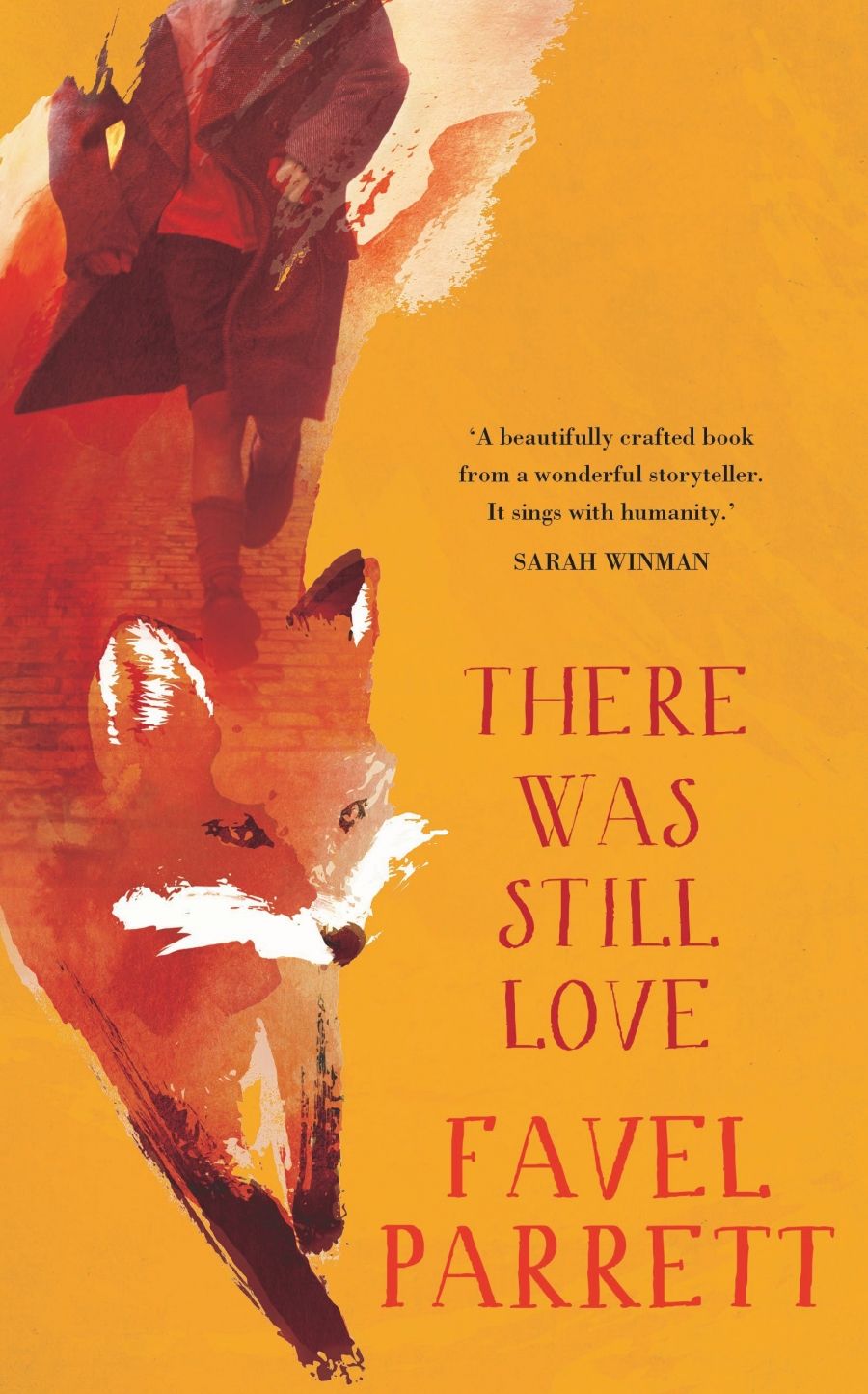
- Free Article: No
- Contents Category: Fiction
- Review Article: Yes
- Online Only: No
- Custom Highlight Text:
Favel Parrett’s tender new novel, There Was Still Love, explores what it means to make a home and how a person might be free in a world ruptured by political as well as personal upheavals. Moving backwards and forwards in time (from 1981 to 1938) across vast distances – from Prague to Melbourne, via London – between first- and third-person narrators, past and present tense, Parrett beautifully captures one family’s complicated twentieth-century inheritance.
- Grid Image (300px * 250px):

- Book 1 Title: There Was Still Love
- Book 1 Biblio: Hachette, $29.99 pb, 211 pp, 9780733630682
The world turned its back on Czechoslovakia, and, in an attempt to salve their trauma, Máňa and Eva turned their backs on the past. As Ludék tells it:
No one ever talked about before … Photos of before were hidden away in the back of cupboards. Stories of before were never told. Before had been forgotten, blacked out. But sometimes it was there if you looked carefully enough. There were little traces of before – like those gold and garnet earrings on Aunty Máňa’s earlobes, the same as Babi’s. Like that old suitcase in the roof space, battered and worn and locked up tight.
Traces of the Czech past are everywhere: in Melbourne as well as Prague, across generations, passed down and, as Malá has it, ‘there in my blood, there in my bones’. Every day, Máňa and Malá walk to the market in Melbourne where they buy Kaiser rolls, Swiss cheese, Pariser sausage, rye bread with caraway seeds, and a jar of gherkins. When he wants to, Bill can conceal his origins – he ‘lost’ his name, Vilém, and he can lose his accent. Máňa, however, cannot. Her accent, Bill thinks, ‘does not want to leave. Maybe she can’t let it go because it is the one thing she still has from home. The one thing that totally belongs to her.’ From these and other traces, Máňa and Bill make a home in Melbourne; they make a home for Malá in which she puzzles out her complicated inheritance.
This is a home made out of love which, like Máňa’s accent, holds out stubbornly against the suffering of the Czech people and the world that refused to see it. Love is an ‘invisible force … too strong for the world to beat’. Ludék can also conceal himself. Unbeknown to Eva, he spends his days running unseen through Prague, bearing witness to the city, ‘intense with life’. His mother, Alena, a member of The Black Theatre of Prague, is, according to Malá Liška (who sees her perform when the Theatre travel to Melbourne), ‘one of the invisible people. One of the ghosts that made all the objects move, made the magic real.’ Alena, like the other dancers in the company, is ‘terribly awake and alive’. Ludék, too. In one of the instances of mirroring that knit his and Malá’s stories together, his mother, ‘graceful and slim in her black velvet suit, [is] hidden from him, but there all the same’.
Like so many of the hidden stories Ludék and Malá have inherited, Alena is awake, alive, and making the magic of their shared past real.


Comments powered by CComment